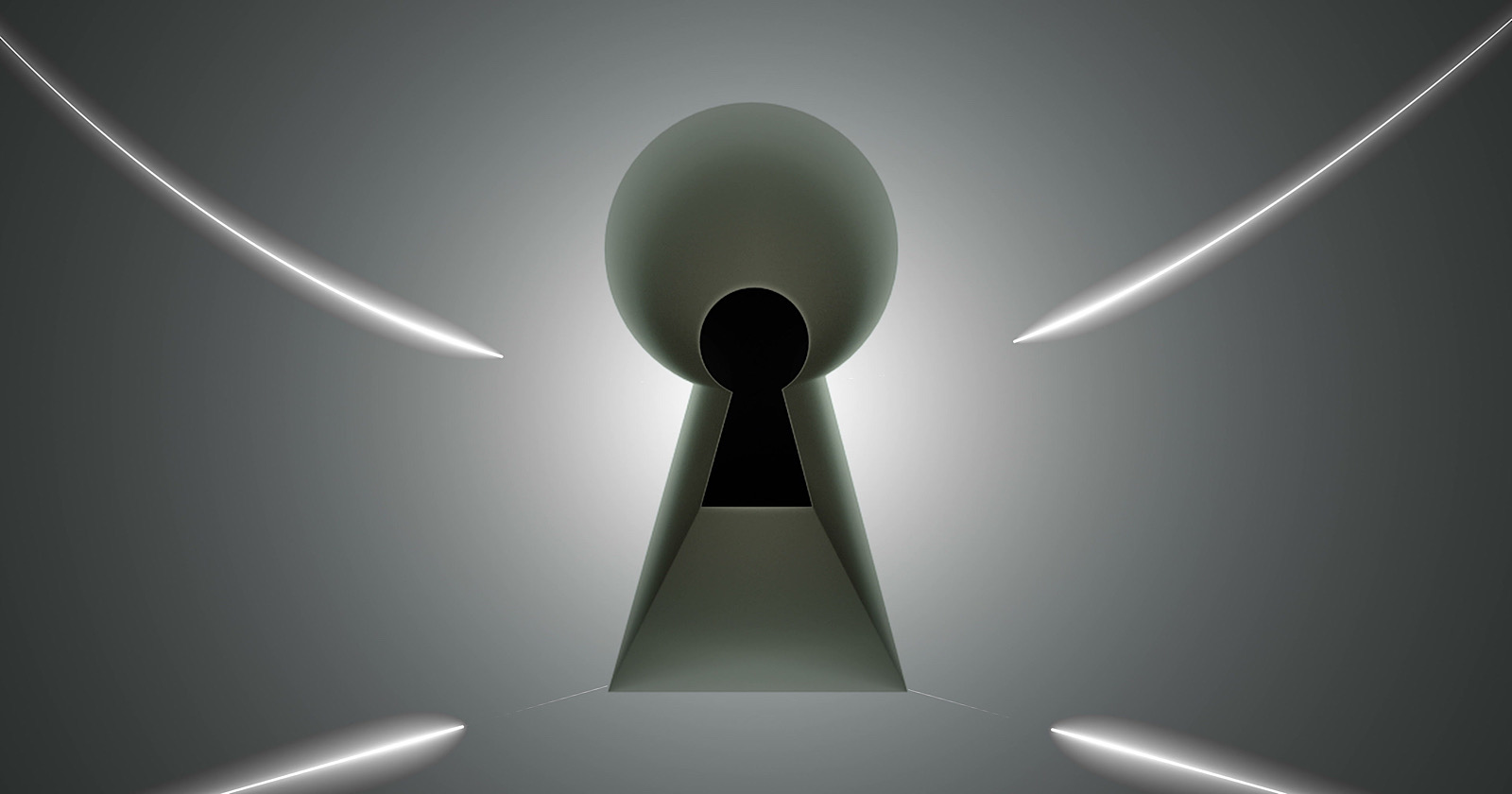The European Commission has designated Google as a gatekeeper under the new Digital Markets Act (DMA), which aims to increase competition in the tech industry. The legislation will come into effect in March 2024.
Google is among several big tech firms like Apple, Amazon, Meta, Microsoft, and ByteDance that must comply with the rules within six months.
The DMA seeks to limit the power of these companies in digital markets where they hold an entrenched position.
In a statement, Google said it has “always believed in offering people and businesses choice and control” when using its services.
What Does This Mean?
To adhere to the DMA, Google must change products like search, maps, and its app store on Android devices.
The company plans to consult experts to balance meeting the new requirements while providing a good user experience. It will focus on giving consumers more options to switch between platforms and better tools to manage their data.
DMA’s Broader Impact On Big Tech
The SMA represents one of the world’s most stringent pieces of legislation targeting the market dominance of top technology companies globally.
It aims to achieve the following objectives:
- Give people more choices over their default apps
- Allow alternative app stores
- Force messaging apps to be interoperable
- Ban preferential treatment for a company’s services in rankings
Further, companies will need consent for targeted advertising, and business customers will get more transparency on ad data.
DMA’s Influence On Various Digital Sectors
The EU Commission announced that 22 services from major tech companies, including Alphabet, Amazon, Apple, Meta, Microsoft, and ByteDance, the owner of TikTok, were designated as the “gatekeepers” of online services.
The designation mandates that the companies make their products compatible and able to communicate with rival apps. It also allows users to select which messaging apps they want pre-installed on their devices rather than being limited to the default apps.
The companies have a 6-month grace period to implement changes to adhere to these new regulations.
This is how the DMA is expected to impact various industries.
Advertising
The DMA requires that “gatekeepers” must get explicit permission before tracking users for advertising purposes.
Under the DMA, business customers who use online advertising services from Amazon, Google, and Meta will have the right to access data about their ad campaigns.
App Stores
Apple and Google will have to allow other app stores besides their own on iPhones and Android devices.
Currently, Android users can download apps from places other than the Google Play Store, but they have to turn off certain security protections.
Once the DMA takes effect, there could be many more app stores to choose from. This would give users more options but also introduce potential security risks.
Default Apps
The DMA will allow consumers to select the default apps they prefer on their devices.
Companies that control access to devices and apps (gatekeepers) will be required to make it easy for users to change the default app store, web browser, maps app, and other defaults to alternative options.
E-Commerce, Search Engines, & Social Media
Under the proposed regulations, online platforms like Amazon, Facebook, and Google won’t be allowed to give preferential treatment or higher rankings to their services.
The rules would require these companies to rank their and rivals’ offerings equally.
Messaging
The DMA’s new interoperability rules will require messaging platforms that serve as gatekeepers to open up and connect with other messaging services.
Users of gatekeeper platforms, like WhatsApp or iMessage, will be free to communicate seamlessly with contacts who use different messaging apps like Signal or Telegram.
Looking Ahead
The DMA’s impact will become more apparent as companies roll out changes to comply by 2024.
Regarding Google, the company says it will work constructively with regulators to meet the requirements.
Featured Image: FastMotion/Shutterstock





